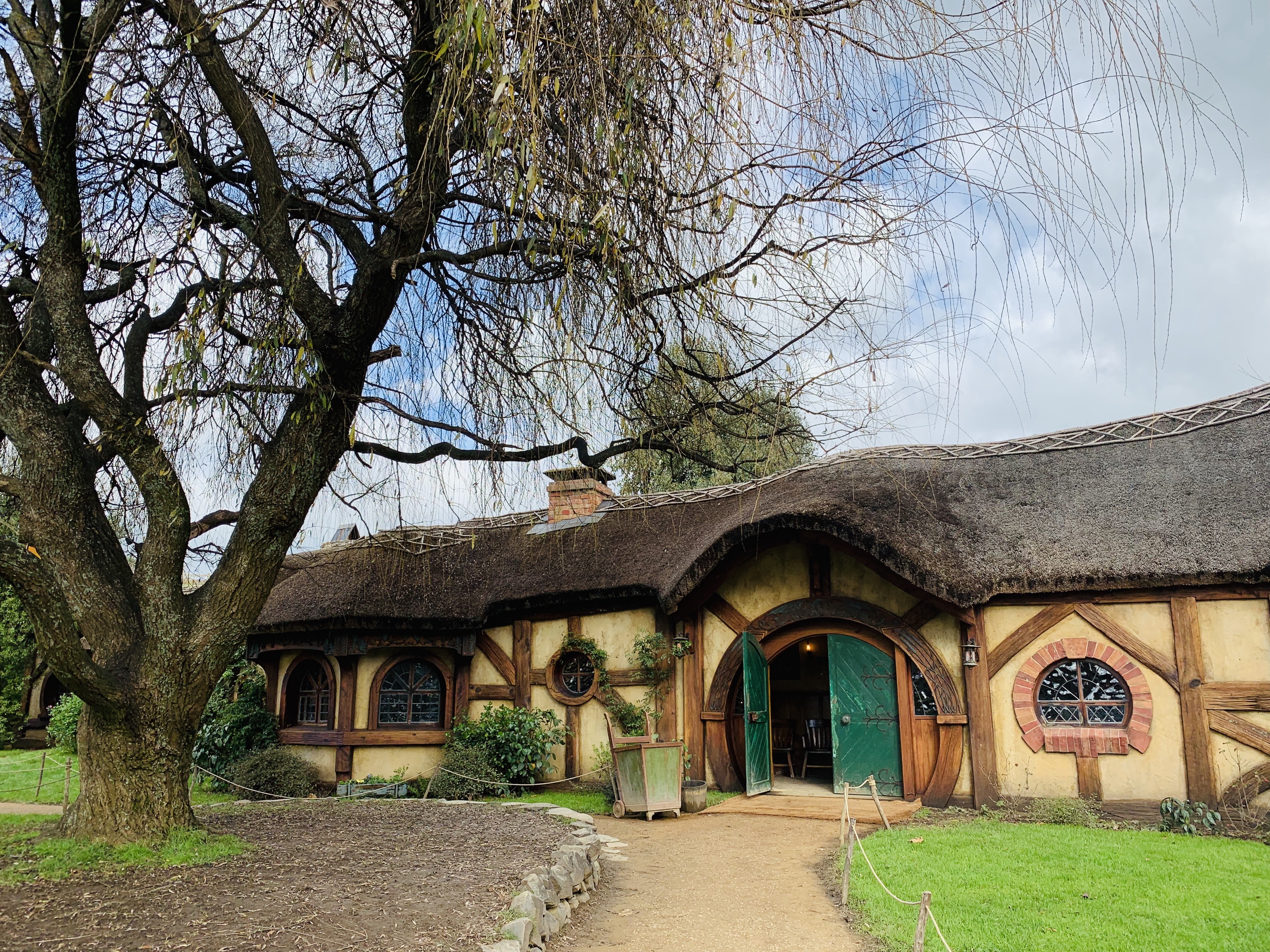
Generalist Or Specialist
Before joining ThoughtWorks, I had worked with Lucent (later Alcatel Lucent) for 13 years specializing in building high performance distributed telecommunication systems. I am a no stranger to OSI, SS7 and all kinds of telecom protocols. My last project before move is the development of LTE core network. Ask me how did the network transmit voice and data differently when we meet next time :)
After joined ThoughtWorks, it’s a totally different new world and got the pleasure to work with clients from different industries in both delivery and consulting/advisory capacities: non-profit, insurance, banking, telecom, FinTech and etc.
Am I a specialist? Am I a generalist? While I am working with talented people to support their career development, this is also a frequently asked question. My response to that has not been well structured, until I finished reading the book - “Range: how generalists triumph in a specialized work”. There are so many points I either agree strongly with or it totally redefined some of previous beliefs. So I am going to share this.
Surprising Facts
Specialist
A recent study found that cardiac patients were actually less likely to die if they were admitted during a national cardiology meeting, when thousands of cardiologists were away
The worst predictions are from the most specialized people.
For difficult challenges, organizations tend to seek for the help from specialist. Yet most times they fail as the same tool used to create the problem can’t be helpful to solve the problem.
Innovation
Big innovation most often happens when an outsider who may be far away from the surface of the problem reframes the problem in a way that unlocks the solution
In low-uncertainty domains, specialists are more likely to author useful patents; in high-uncertainty domains, where fruit questions are less obvious, the team with wide range of knowledge are more likely to make a splash.
Knowledge
The people who win a Kaggle health competition have no medical training, no biology training, and they’re also often not real machine learning experts. Knowledge is a double-edged sword, it allows you to do some things, but it also makes you blind to other things that you could do
Head Start
Making it to the Top in Team Sports: Start later, Intensify, and Be Determinded
Early sampling is key, as is diversity.
The education system of England is an example of early specialization; yet Scotland is an example of later specialization. Early specializations often result in winning in the short term while losing in the long run.
Inside View
Focusing narrowly on many fine details specific to a problem at hand feels like the exact right thing to do, when it is often exactly wrong.
Around 90% of the infrastructure projects worldwide go over budget (by an average of 28%) in part because managers focus on the details of their projects and become overly optimistic.
Learning Environment
Kind Learning Environment
In kind learning environment, it has following characteristics:
- Patterns repeat over and over
- Feedback is extremely accurate and usually very rapid
Kind learning environment examples are the areas like chess, golf, poker, firefighter and etc, where 10,000 hours rule applies and practices can be improved via repeative practices. This is also an area “automation” can help.
Wicked Learning Environment
This is the flip side of kind learning environment, named by Robin Hogarth. The key characteristics are:
- The rules of the game are often unclear or incomplete
- Patterns are not clear
- Feedback is often delayed, inaccurate or both
- Fast changing without previous experience
- Repetition does not cause learning
Today’s world is more like a wicked learning environment, though there are kind learning environments inside. In the wicked world, with ill-defined challenges and few rigit rules, range can be a life hack.
Thrive in a Wicked Learning Environment
In the fast changing world, pause and think about what we’re doing day by day, is there anything we do day by day need to change? For me, yes, it brings more perspective and provides more open options. I do believe there are transferable skills between specialist and generalist, like: communication, problem solving, prioritize and etc.
- For career development, instead of plan-and-implement, do test-and-learn. Breaking down big goals into smaller questions that can be tested.(Herminia Ibarra)
- Instead of working back from a goal, work forward from promising situations. Don’t commit to anything in the future, just look at the options available now and choose those that will give you the most promising range of options afterward. (Paul Graham)
- We learn who we are in practice, not in theory
- We need both focused frogs and visionary birds. (Freeman Dyson)
- Falling behind can get you ahead
- Capable of learning without experience
- Learning to drop your familiar tools
- Never too late to get started
Reference
- Range: How generalists triumph in a specialized world (David Epstein)